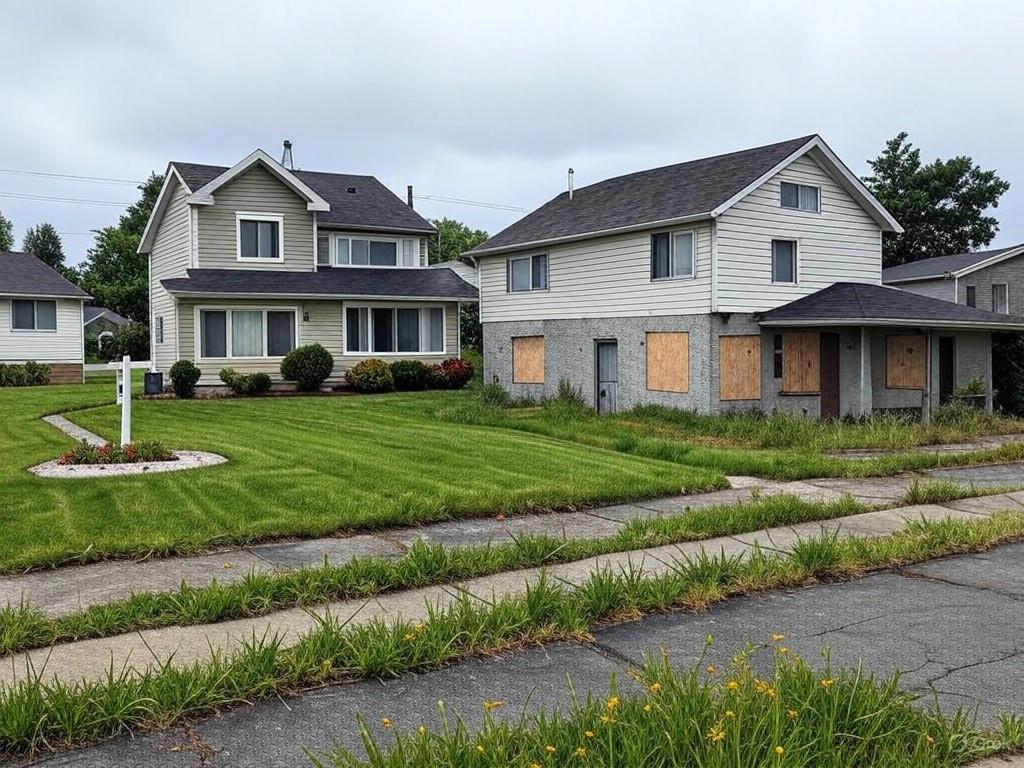As jobless claims rise in the United States, experts are raising alarms about the broader impacts on the housing market. The trend indicates that more Americans are facing unemployment at a time when economic stability is crucial. This increase in weekly jobless claims comes at a precarious moment for the housing sector, grappling with shifts in demand and affordability issues.
The latest data shows a steady climb in unemployment claims, which, although fluctuating, have remained elevated compared to historical norms. This uptick is causing ripples across the housing market as job security directly affects consumer confidence and purchasing power. When people are uncertain about their financial futures, they're less likely to embark on significant financial commitments like buying a home[1].
Economic experts have observed a deceleration in housing activity, coinciding with rising jobless claims. As unemployment grows, fewer new houses are being built, and mortgages are tougher to secure. Builders are slowing down due to anticipated lower demand, and prospective homeowners find themselves on uncertain footing. This slowdown in activity is more than just a temporary blip; it suggests deeper, systemic issues in the market.
Rising unemployment affects more than just individuals. It impacts neighborhoods and the ecosystem of industries tied to housing, including construction, real estate, and retail. With fewer people able to afford or secure mortgages, there is a potential oversupply of homes, putting downward pressure on prices and stalling new projects. This can lead to a cyclic downturn, where less economic activity leads to more layoffs, further hurting the economy[2].
The confluence of high jobless claims and a slowed housing market underscores a crucial point for policymakers. There's a need for interventions that could stabilize employment and boost confidence in the housing sector. Addressing the root causes of unemployment could mitigate these wider impacts on the housing market, as employment is vital for economic recovery and housing stability[3].
As the situation evolves, stakeholders must continue to monitor these trends closely. Both individual homebuyers and market analysts need to stay informed about how these indicators will shape the future of American housing. The effects of rising jobless claims on the housing market are profound, highlighting the importance of integrated economic strategies to foster resilience in both sectors.
References:
1. US weekly jobless claims, housing data point to softening economic activity.
2. Jobless claims drop slightly, but housing starts disappoint, stoking slowdown fears.
3. US weekly jobless claims fall, but still elevated By Reuters.







